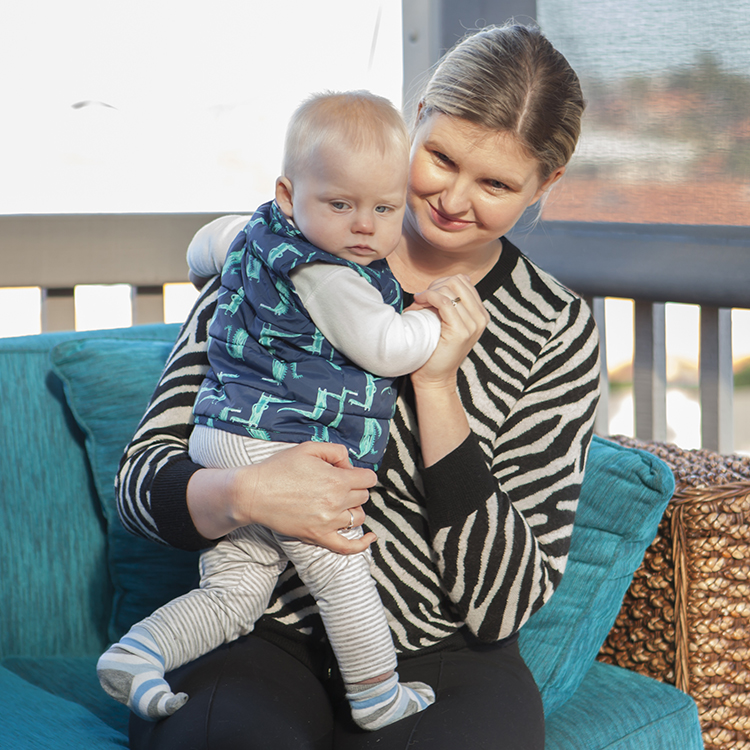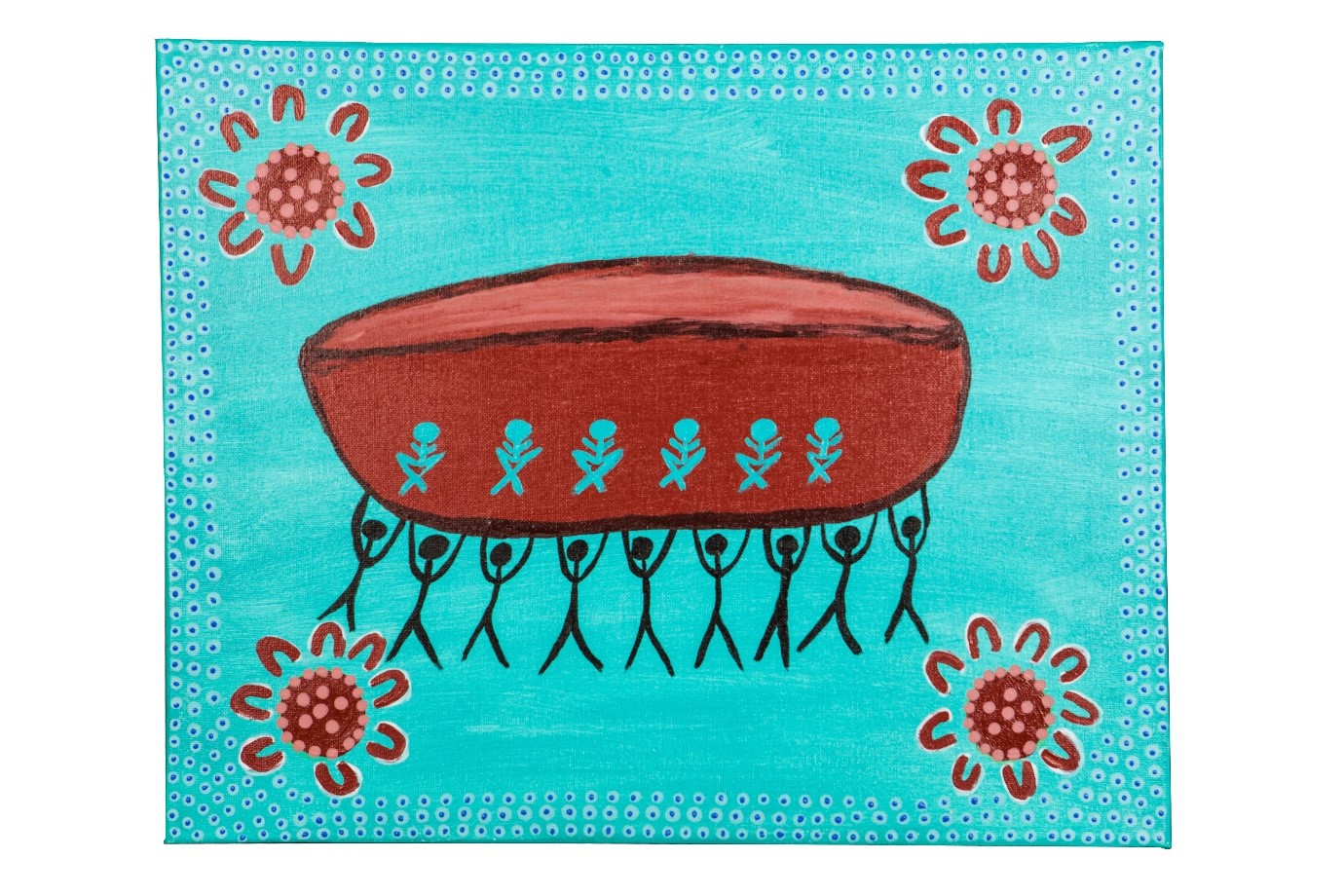Search
Research
Predictive low glucose suspend study – Randomised Controlled trialTesting a feature of the MiniMed 640G insulin pump, which when used together with a real-time continuous glucose sensor can suspend and resume insulin delivery
Research
How do high protein and/or high fat meals affect postprandial glycaemic control in children using intensive insulin therapy?Investigating the effect of fat and protein content of a standardised carbohydrate meal on the post-prandial glycaemic response in children with type 1 diabetes

The Respiratory Environmental Health team conducts research in early life determinants of lung growth and development, respiratory environmental health, and mechanisms of airway dysfunction in asthma and other respiratory disease.

Epigenomic research at The Kids explores the links between childhood disease and the molecular hallmarks of epigenetic control.

The Foundations of Lung Disease Team is focused on improving the diagnosis, treatment, and lifelong care of childhood lung disease.
Research
Role of stem cell precursors in tissuesWe have recently published a paper identifying precursor populations in peripheral lung (2017), and have also discovered that these populations can be found in multiple tissues.

Research
Mapping changes in immune cell populations in gestational tissues over the course of pregnancyThis is a strategic “pilot” project in which we are seeking basic information on the immune cell content of gestational tissues.

Research Theme
Wellbeing and Mental HealthOur Wellbeing and Mental Health research focuses on improving the emotional and psychological health of children. We develop evidence-based interventions and strategies to promote resilience, prevent mental health challenges, and help kids thrive.

Research
Ngulluk Koolunga Ngulluk Koort (Our Children, Our Heart) ProgramBrings the Aboriginal community(s) of Perth together with service providers & policy makers to improve outcomes for Aboriginal kids and their families.
trying out campaign stuff
